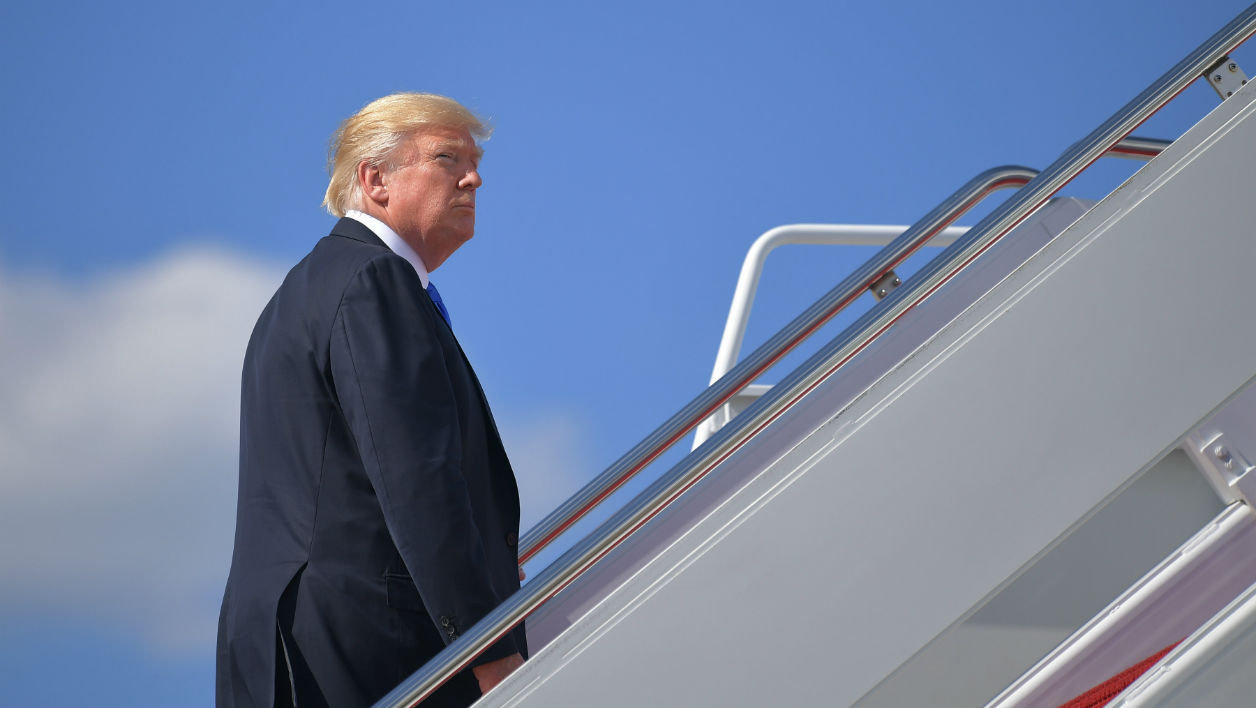
The device intended to prevent the arrival of "foreign terrorists" temporarily prohibits the entry into the United States to the nationals of six Muslim countries (Syria, Libya, Iran, Sudan, Somalia and Yemen), as well as refugees from all over the world.
Who will be admitted, who will be turned back? The new restrictions on entry into the United States provided for in the anti-immigration decree of Donald Trump came into force Thursday evening, travelers from the countries concerned and refugee associations worried about a risk of arbitrariness. After five months of litigation in court, many questions remained unanswered on the most controversial measures of the Republican president, partially reinstated Monday by the Supreme Court in Washington.
The device intended to prevent the arrival of "foreign terrorists" temporarily prohibits the entry into the United States to the nationals of six Muslim countries (Syria, Libya, Iran, Sudan, Somalia and Yemen), as well as refugees from all over the world. But its scope was limited by the senior magistrates: the text exempts anyone who can justify a "valid relationship with a person or entity in the United States". Thus, someone coming to visit a member of his "close family" will be admitted. Just as a student will join an American university or an employee recruited by a local company. Or a professor invited to give a lecture in the United States.
The notion of a "valid relationship" plunged lawyers into perplexity
The notion of a "valid relationship" plunged lawyers into perplexity. How could a Syrian refugee prove the existence of a prior link between him and the United States, they wondered. In a cable sent to American embassies and in a conference call open to the press on Thursday, government officials tried to reassure and clarify.
A simple hotel reservation will not be considered sufficient for a tourist coming from one of the six countries to obtain a visa even if he has already paid the money. The sorting will be done at embassy level abroad and the government expected a limited impact on US soil. But, in some airports, we were waiting.